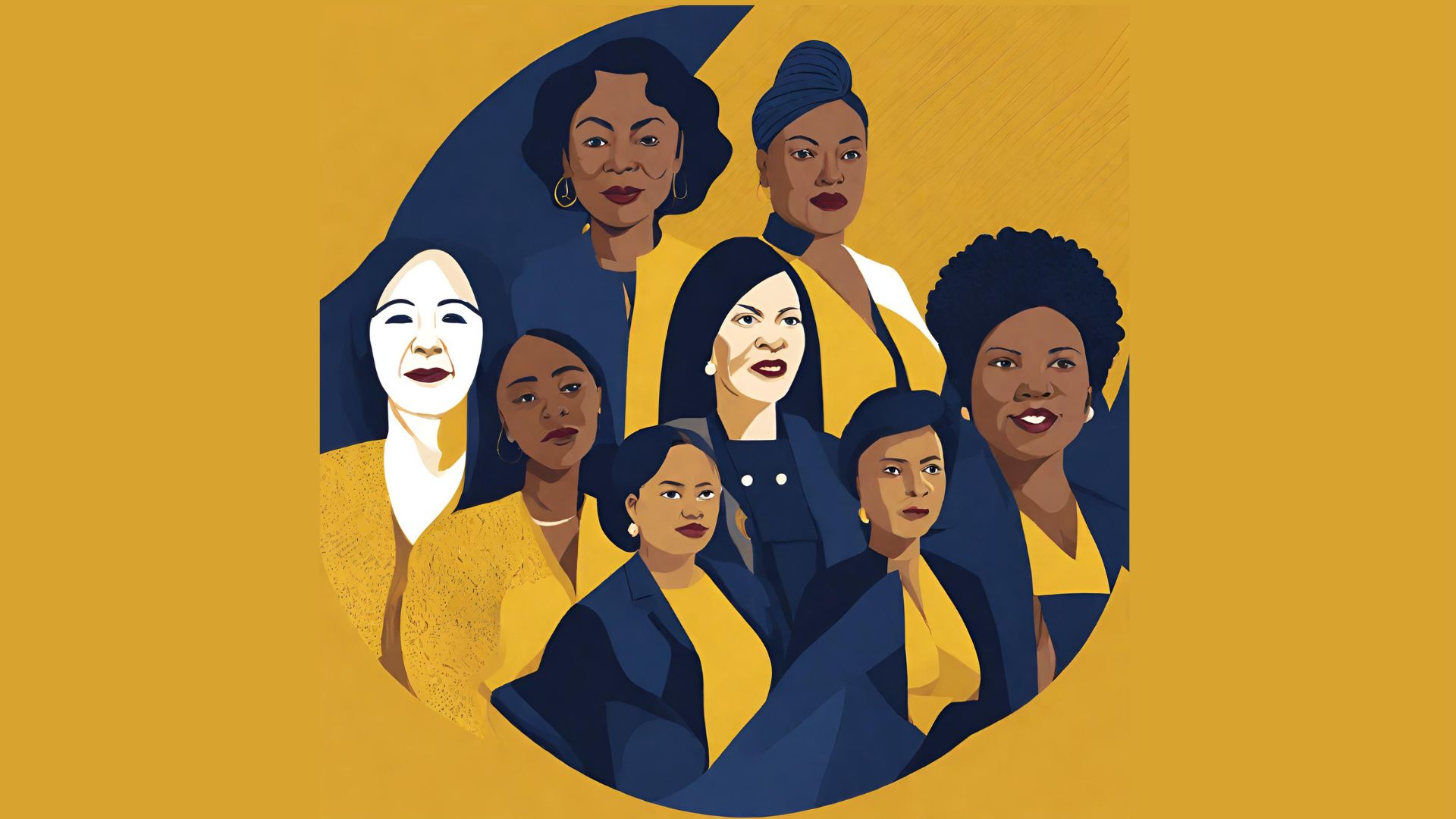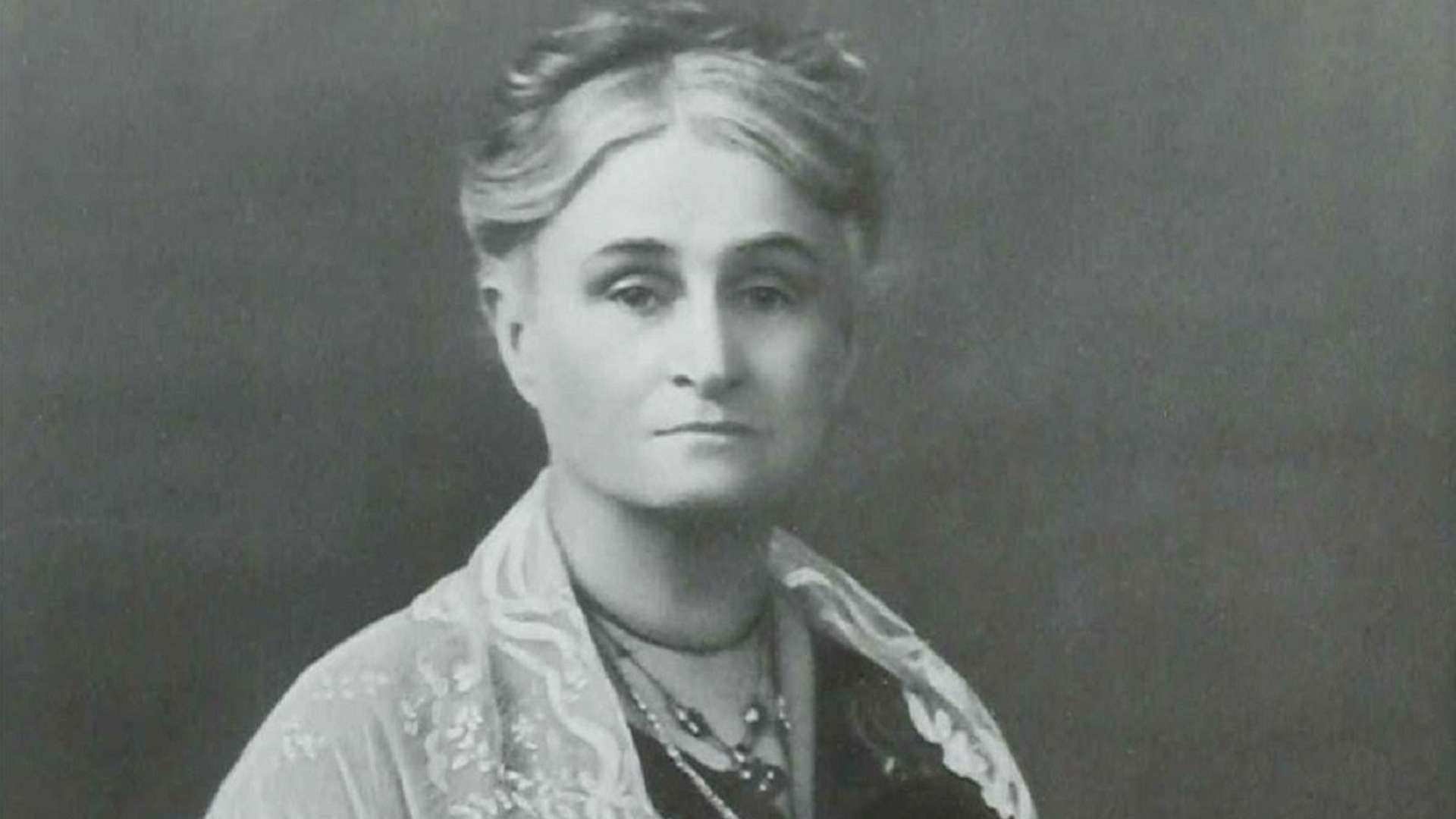ALiGN & partners, 2024
International research reports to understand how gender norms shape women’s engagement with, influence over, and experiences in local governance institutions and decision-making processes and how they can be transformed.
ALiGN is a flagship digital platform and programme of work of the Gender Equality and Social Inclusion team at the global affairs think tank ODI. ALiGN supported partner organisations in Nigeria, Nepal, Peru and Zimbabwe to conduct research on how norms influence political engagement of women at community, municipal and state levels.
The reports document strategies that maintain power in the hands of the privileged – mostly men – by mobilising harmful norms. Although the norms differ based on power structures in the given context, many are tied to women’s bodies and expectations of sexual and reproductive roles. For example, young women tend to be dismissed as promiscuous and sleeping their way into the roles. Women politicians with children are discredited for not being good mothers or old too old to have anything else to offer. Understanding these norms, and how they are weaponised, is a crucial first step towards addressing gender injustice.
The reports offer recommendations on how norms and structural barriers can be addressed to enhance women’s engagement in politics and ultimately contribute to gender equity and democratic strengthening. The suggested actions range from improved implementation of legal frameworks to awareness-raising campaigns and media training, to community-based programming that targets gender biases about women’s potential to lead as chiefs, councillors, and members of legislatures or executives.
Reports:
- Nominations and electability: the role of gender norms in Nepal’s local elections
- Gender norms in local government: how they shape engagement for women leaders in Nepal
- Women in politics: The impact of social media on Peruvian congresswomen
- Women in politics in Zimbabwe: how gender norms are fueling online violence
- Experiences of female traditional leaders in Zimbabwe: an intersectional analysis
- Gender norms, media narratives and women in appointive positions in Nigeria
- Local governance in Zimbabwe: inclusion and participation of women with disabilities
Read more about the reports







